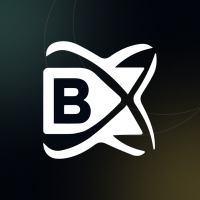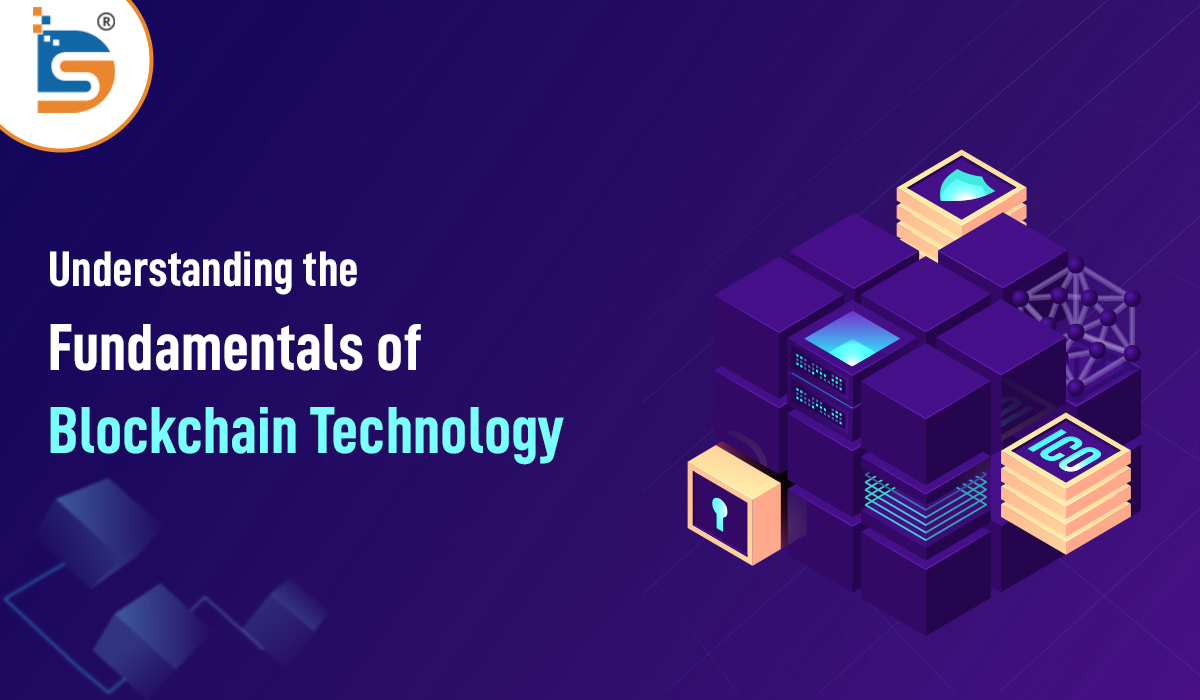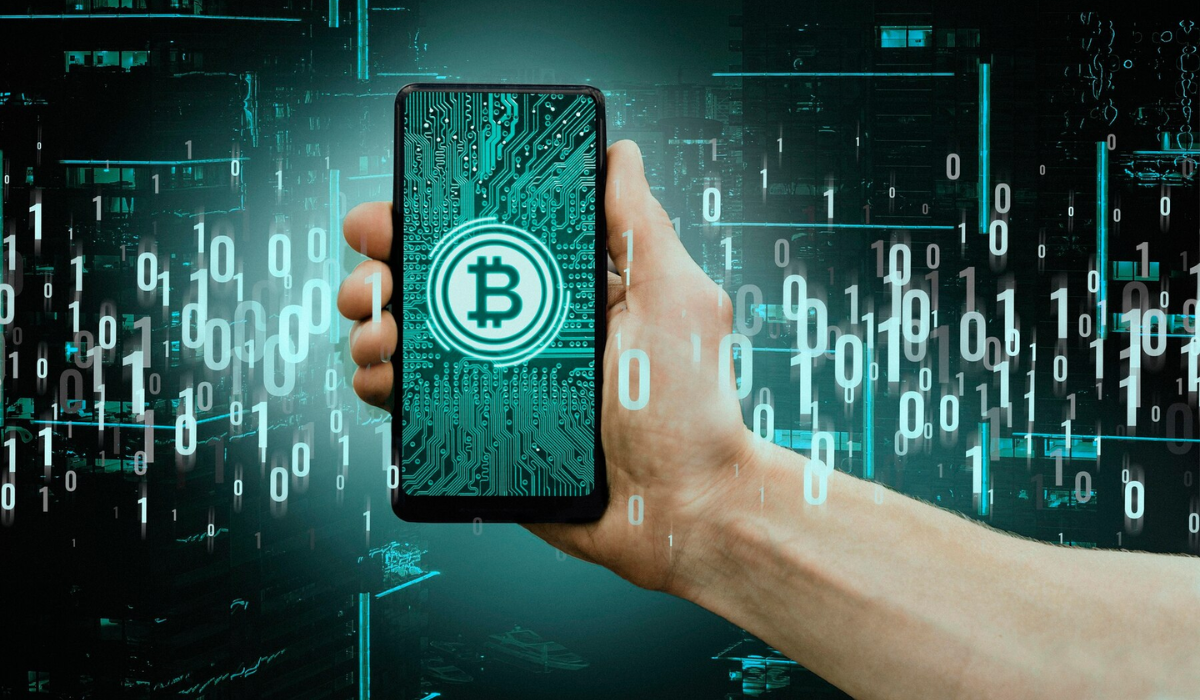Blockchain in the construction of the new Digital Era

Strong 8k brings an ultra-HD IPTV experience to your living room and your pocket.
We closely follow the digital acceleration caused by the COVID-19 pandemic. They were years of changes in just a few months, not only in how companies in all sectors operate, but also in how we all perform in our daily lives. We have reached what we can call the "second stage of the Digital Age", where technologies are present in practically everything: in everyday life, in the Internet of Things (IoT) or through the use of Artificial Intelligence (AI) in smart homes, or even Big Data, but above all, about how the future of the economy has been shaped.
✍️ Voting fraud and transparency issues may soon be solved. Explore our coverage on blockchain voting systems and how they ensure trust and security in elections.
In 2020, the year with the greatest restriction on circulation in the country, e-commerce, for example, had a record jump in its participation in retail commerce. According to a survey by the Brazilian Electronic Commerce Association (ABComm) , sales increased by 68% compared to 2019. Last year, about 20.2 million consumers made an online purchase for the first time.
The financial universe is more digital
To meet this demand and maintain operations, thousands of companies implemented e-commerce and various digital solutions that allowed them to improve, expand and facilitate their processes. To have an idea of the magnitude of this transformation, according to the Brazilian Association of Electronic Commerce – ABComm , nearly 150 thousand stores that served retail in person, also began to sell in the digital environment. And this is just one example of the technological impact that the pandemic boosted on the economic aspect.
It is worth inserting in this context the arrival of PIX to the financial sector, which only in the first six months of operations registered more than 1.5 billion transactions. Between November 2020 and April of this year , the number of transactions carried out through the system already exceeded the number of TEDs and DOCs, as well as the sum of checks and invoices.
We are, without a doubt, facing a transformation whose impact on finances worldwide is still difficult to measure, at a macro level. Because clearly, all innovation brings benefits and risks. Emerging technologies also bring risks such as the misuse of user data and the right to their privacy, or the loss of jobs, replaced by machines powered by AI.
In this sense, one of the most important aspects that we must consider is that in this new environment, Blockchain is positioned as a new operational platform that helps companies and the 21st century economy face these challenges.
But what is Blockchain?
Blockchain is a technology created in 2008, in the world of finance, but today it already has various applications in other areas. This word that we are beginning to hear more frequently refers to a concept that eliminates intermediaries in supply chains. It is an information bank in which the blocks are interconnected and encrypted to protect the security and privacy of transactions.
In other words, it is a distributed and secure database that can be applied to all types of transactions, not necessarily just financial ones. It allows different participants in a database network to record business transactions and events in an immutable and sequenced manner. The way in which this data is recorded and encrypted allows the entire transaction history of these various participants to be recovered in a traceable manner, creating security and reliability in the processes.
Thanks to this technology, we will be able to move from the Internet of information to the Internet of value, in which each user will be able to assume and be responsible for their digital identity, that is, be the owner of their own data and privacy, in processes such as purchases we make online, the places we visit, among many other things.
The role of banks will also change, as they will no longer be just intermediaries in transactions, but must orient their IT systems towards the adoption of a blockchain consulting services financial culture that allows them to act in a more functional and secure manner in their processes. . This technology has the potential to reduce costs, speed up transactions and promote greater financial inclusion by simplifying domestic, international and remittance payments, for example.
Many unknowns arise as the business moves from reacting and recovering from the impacts of coronavirus, to the current stage of looking at and planning for growth. But we know that Blockchain is one of the main tools to design this future of our economy. Both companies and governments must work together to develop viable social contracts to overcome current challenges related to the use of data, the “banking” of the population and digital transformation.
I have no doubt that this future is near and Blockchain will be the key to generating value fairly for all those involved in financial processes. Trust is not just a matter of security, it is also a matter of responsibility.
Note: IndiBlogHub features both user-submitted and editorial content. We do not verify third-party contributions. Read our Disclaimer and Privacy Policyfor details.







